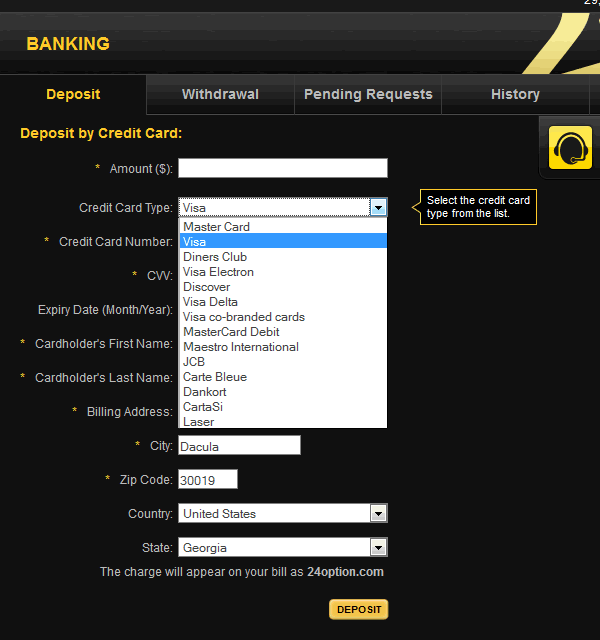Brokerage Money Market Funds A Great Cash Option
Post on: 19 Июнь, 2015 No Comment

By Jeremy Vohwinkle 4 Comments
If you do any investing, you most likely have a brokerage account through one of the major brokerage firms or your local bank. When we think of these types of accounts we generally consider it the account to hold our stocks, bonds and mutual funds. By default, cash in one of these accounts may sit virtually idle. Cash holdings are typically held through the bank in various savings accounts, money markets or CDs. You may also be aware of the higher yielding money market accounts popping up you can get online, such as with ING Direct.
These can offer attractive yields, but why complicate your life by creating even more accounts to keep track of? Not to mention, if you need the cash in some of these accounts, it can take a day or two for the funds to be settled into a different account. This can be simplified by exploring the various money market funds available to you through most fund companies which can be held right in your existing brokerage account with other investments.
There are many different options and almost all fund companies offer some sort of money market fund, so I will only give a few examples here. I encourage you to check with your favorite fund company or other investing sites to see what is available out there. Three of the money funds I usually look at first are:
Remember, these rates can change on a daily basis. That is why I dont get too hung up on always finding the absolute highest yield. Things will change from time to time, and typically the cash portion of your portfolio is short-term anyway. Bottom line is, cash sitting in your brokerage account earning between 4.5-5% and is immediately available when you need it is far better than earning almost no interest, or tying it up in CDs or a third-party money market that can make accessing your money a bit of an issue.

Dont forget, while these are standard taxable funds, there are tax-free municipal money markets as well, so you could have your liquid portion of your portfolio earning tax-free interest. Of course that is subject to your state and fund specifics, but it is also an option.
3A%2F%2F0.gravatar.com%2Favatar%2Fad516503a11cd5ca435acc9bb6523536%3Fs%3D80&r=R /%
My name is Jeremy Vohwinkle, and I’ve spent a number of years working in the finance industry providing financial advice to regular investors and those participating in employer-sponsored retirement plans.














